There I was, heartbroken.
My favorite necklace, a gift from my best friend, lay tarnished and dull – a victim of a forgotten pre-shower removal.
We’ve all been there, right?
That frantic scramble to remember what jewelry can you wear in the shower and what can’t.
But this guide became my knight in shining armor.
Now, I’m armed with the knowledge to avoid such mishaps.
Let’s explore the world of shower-safe jewelry together, and ensure your cherished pieces stay sparkling for years to come.
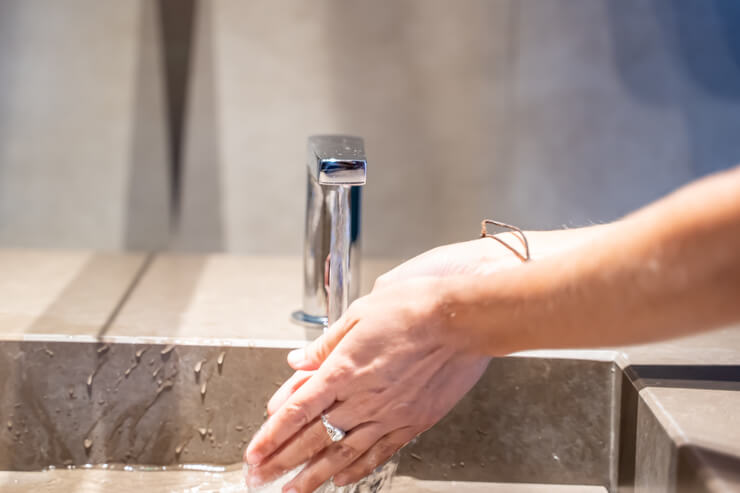
Should You Shower With Jewelry On?
Many people wonder if it is safe to shower with jewelry on.
The answer depends on several factors, such as the type of jewelry, the material it is made of, and the quality of the water.
As a rule of thumb, if you want to preserve the beauty and longevity of your jewelry pieces, it is best to take them off before showering unless they are made of high-quality metals that can withstand water exposure.
What Type of Jewelry Can You Wear in the Shower
Solid Gold Jewelry
Solid gold jewelry is one of the most durable and resistant types of jewelry that you can own.
It does not tarnish, corrode, or rust easily.
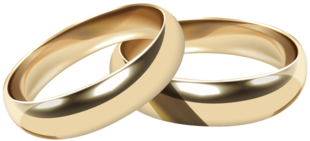
However, there are some factors that you should consider before exposing your solid gold jewelry to water and soap.
If you have solid gold jewelry that is HIGHER than 18 karat (75% pure gold), you can wear it in the shower occasionally without worrying too much about damaging it.
However, you should still be careful not to expose it to harsh soaps or shampoos that may contain sulfates or chlorine.
These substances can strip away the natural oils from your skin and make your jewelry duller over time.
If you have solid gold jewelry that is LOWER than 18 karat, you should avoid wearing it in the shower as much as possible.
You should also avoid wearing it in pools, hot tubs, saunas, or any other places where there are chemicals or high temperatures involved.
Recommended Read: Can You Wear 14k Gold Jewelry in the Shower?
Gold Plated Jewelry
Gold plated jewelry has a thin layer of gold covering a base metal, such as silver or copper.
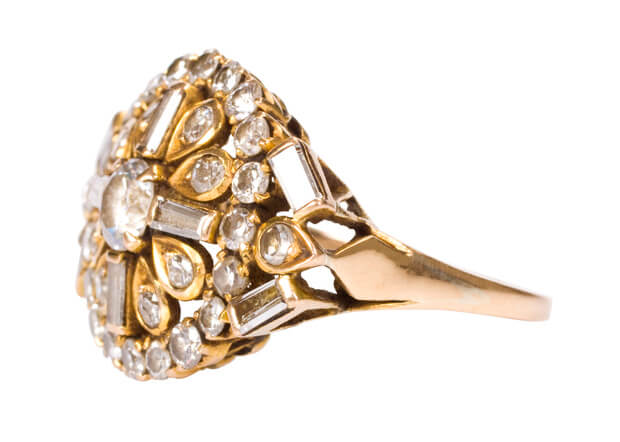
Showering with gold plated jewelry can cause the gold layer to wear off over time, leaving behind an uneven or dull color.
It can also react with the chemicals in soap, shampoo, or conditioner, which can damage the jewelry further.
It is not safe to wear gold plated jewelry in the shower.
Gold Filled Jewelry
Gold filled jewelry has a layer of gold bonded to a base metal, usually brass or copper.
Gold filled jewelry is not waterproof and can be damaged by exposure to water and chemicals.
It is not advisable to wear gold filled jewelry in the shower, as the hot water and soap can cause the gold layer to wear off faster and expose the base metal underneath.
Gold Vermeil Jewelry
Gold vermeil jewelry is made of sterling silver coated with a thin layer of gold.
Gold vermeil jewelry can lose its shine and color if exposed to water, chemicals, or abrasion. The hot water and steam can cause the gold layer to peel off or tarnish over time.
It is not safe to wear gold vermeil jewelry in the shower.
Sterling Silver Jewelry
Sterling silver is an alloy of pure silver and copper, which makes it more prone to oxidation than pure silver.
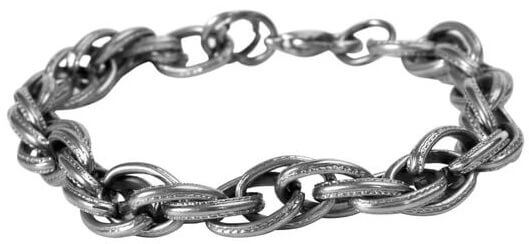
Showering with sterling silver jewelry may not cause immediate tarnishing, but it can increase the risk of it over time.
Shower water may contain chlorine, fluoride, or other substances that can react with sterling silver.
Moreover, shower products like soap, shampoo, or conditioner may also contain chemicals that can harm sterling silver.
It is advisable to remove sterling silver jewelry before taking a shower.
Stainless Steel Jewelry
Stainless steel is a metal alloy that contains chromium, which gives it resistance to corrosion and rust.
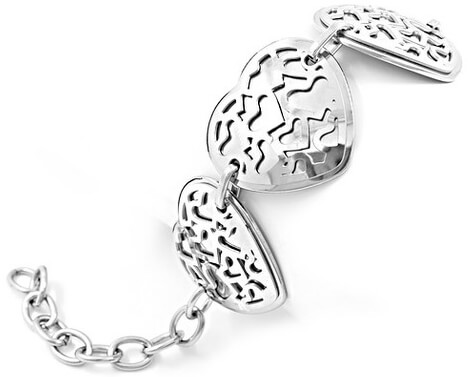
However, not all stainless steel grades are equally resistant.
The most common grades used for jewelry are 304 and 316, which have high amounts of chromium and nickel.
These grades can withstand exposure to water without rusting, as long as the chromium layer is intact.
Water is not the only factor that can affect your stainless steel jewelry.
Other substances such as chlorine, soap, shampoo, conditioner, and hard minerals can damage the chromium layer and cause staining or pitting on your stainless steel jewelry.
Wearing stainless steel jewelry in the shower is generally safe as long as you choose high-quality grades and avoid contact with harsh chemicals.
Platinum Jewelry
Platinum jewelry is durable, resistant to tarnish and corrosion, and hypoallergenic.
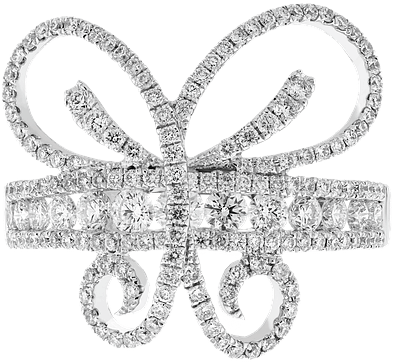
Showering with platinum jewelry will not damage the metal itself.
However, it will cause it to gradually lose its shine and develop a patina.
Platinum jewelry also tends to get scratched more easily than other metals when exposed to water and chemicals.
It is advisable to remove your platinum jewelry before showering if you want to preserve its original luster and appearance.
Diamond Jewelry
Diamonds are one of the hardest and most durable substances on Earth.
They can withstand high temperatures, pressures, and impacts without breaking or scratching.
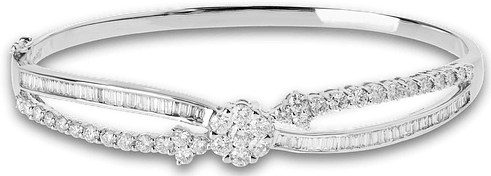
However, wearing diamonds in the shower can expose them to soap, shampoo, conditioner, lotion, oil, and other products that can leave a thin film over the surface of the gemstones.
This film can reduce the brilliance and sparkle of diamonds by interfering with their ability to reflect light.
Over time, this can make diamonds look dull and cloudy.
Additionally, wearing diamonds in the shower can increase the chances of losing them if they become loose from their settings.
The water pressure and temperature changes can cause metal prongs or clasps to expand or contract, creating gaps that allow diamonds to slip out.
It is advisable to remove diamond jewelry before taking a shower.
Pearl Jewelry
Pearl jewelry is delicate and requires proper care to maintain its beauty and luster.
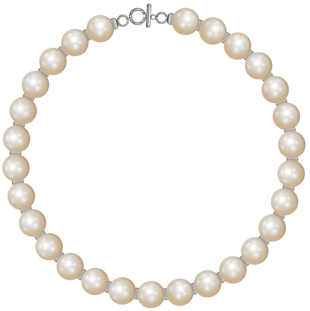
Pearls are organic gems that can react with acids and other chemicals, causing discoloration, dullness, or even holes in the nacre (the outer layer of the pearl).
The high temperature of the water in your shower can also affect the pearls negatively.
Heat can cause dehydration and cracking of the nacre.
The moisture from your shower can also damage your pearl jewelry by soaking the silk thread that holds them together.
This can cause stretching and breaking of the thread over time, leading to loose or lost pearls.
It is best to remove your pearl jewelry before taking a shower.
Titanium Jewelry
Titanium is an inert metal, meaning that it will not react to water or to your body’s natural chemistry.
Water will not break down any aspect of the metal or cause it to tarnish.
However, there are some things you should consider before wearing titanium jewelry in the shower.
You should make sure that your titanium jewelry is pure titanium and not mixed with other metals that may contain nickel, brass, copper, or bronze.
These metals can cause allergic reactions or discoloration when exposed to water.
You should be aware that wearing titanium jewelry in the shower may affect its appearance over time.
Although titanium itself will not tarnish or corrode, it may lose some of its shine or color due to soap residue or hard water deposits.
Wearing titanium jewelry in the shower is generally safe and harmless.
Rhodium Plated Jewelry
Rhodium plated jewelry has a thin layer of rhodium, a precious metal, applied over another metal, usually silver or white gold.
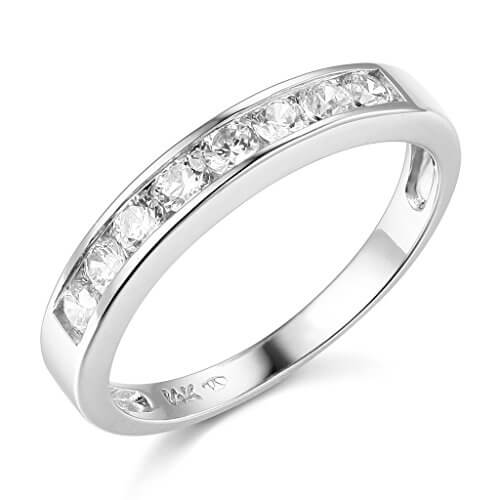
Rhodium plating gives jewelry a shiny and durable finish that resists tarnishing and scratching.
However, rhodium plating is not permanent and can wear off over time, especially if exposed to water, chemicals, or abrasion.
Showering with rhodium plated jewelry can cause it to lose some of its coating and make it look dull or uneven.
Moreover, showering with rhodium plated jewelry can increase the cost of maintenance, as you will need to re-plate it more frequently to restore its original appearance.
You should avoid wearing your rhodium plated jewelry in the shower if you want to preserve it for as long as possible.
Cubic Zirconia Jewelry
Cubic Zirconia is a synthetic gemstone that is made from zirconium dioxide, a hard and durable material that can withstand high temperatures and pressures.
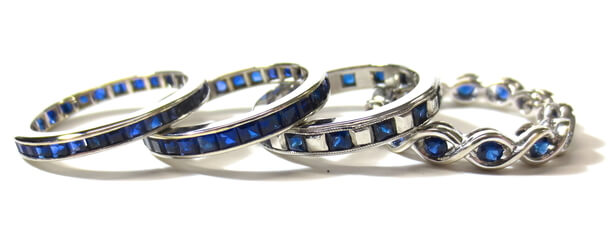
High-quality Cubic Zirconia stones are usually hard and resistant to scratches and heat.
They can withstand exposure to water and soap without losing their sparkle or color.
However, low-quality Cubic Zirconia stones may be softer and more prone to damage from water and chemicals.
They may also fade or become cloudy over time.
It is advisable to check the quality of your Cubic Zirconia jewelry before wearing it in the shower.
If you are unsure about the quality or the metal setting of your jewelry, it is better to take Cubic Zirconia jewelry off before showering to avoid any potential damage or discomfort.
Wooden Jewelry
Wooden jewelry requires special care and attention to keep it in good condition.
Exposing your wooden jewelry to water for long periods of time can cause wood to swell, crack, warp, or rot over time.
You should not wear your wooden jewelry in the shower.
Glass Jewelry
Glass jewelry is a wonderful way to express your style and personality.
Generally speaking, glass jewelry is okay to wear in the shower as long as you wipe it down when you dry off or take it out to air dry.
Glass itself is not affected by water and will not rust or tarnish like some metals.
However, avoid exposing your glass jewelry to extreme temperatures, such as hot water or direct sunlight, as this may cause cracking or fading.
Tungsten Jewelry
Tungsten is a very hard and durable metal that is used to make jewelry, especially rings.
Tungsten rings are 100% hypoallergenic and waterproof, so they will not rust or corrode when exposed to water.
However, tungsten jewelry may still react with some chemicals or substances that are present in the shower, such as soap, shampoo, conditioner, or hard water.
These products may cause discoloration or dullness on the surface of the tungsten ring or bracelet.
It is advisable to remove your tungsten jewelry before taking a shower to preserve its shine and appearance.
Plastic Jewelry
Plastic jewelry is made of synthetic material that is waterproof and very resilient.
It can withstand exposure to water and moisture without rusting or reacting in any way.
However, plastic jewelry can discolor over time due to the chemicals, chlorine, and other elements present in water.
This may affect the appearance and quality of your plastic jewelry.
It is advisable to remove your plastic jewelry before taking a shower.
Pewter Jewelry
Pewter is a metal alloy that consists mainly of tin and small amounts of other metals such as copper, lead, or antimony.
Pewter can tarnish or corrode when exposed to water and soap over time, which can damage the appearance and quality of the jewelry.
Pewter jewelry may also react with some chemicals in shampoos or conditioners, which can cause discoloration or irritation of the skin.
It is advisable to remove pewter jewelry before taking a shower.
Aluminum Jewelry
Aluminum is a light metal that does not rust, tarnish or turn your skin green like other metals used for jewelry.
However, you should be aware that frequent exposure to water and soap may cause the darkened stamped areas on your aluminum jewelry to fade over time.
Also, some shower products may contain chemicals that could affect the appearance of aluminum.
It is advisable to remove aluminum jewelry before showering.
Brass Jewelry
Brass jewelry is made from an alloy of copper and zinc. Brass jewelry is affordable, durable, and versatile.
However, brass jewelry can tarnish over time.
Brass can also oxidize and leave green stains on your skin. This is not harmful, but it can be annoying and unsightly.
Another problem with brass jewelry is that it may dezincify in water.
This can weaken the brass and make it lose its shape and strength.
Brass jewelry is not safe to wear in the shower.
Costume Jewelry
Costume jewelry is made of inexpensive materials such as plastic, glass, or base metals.
It is often designed to imitate more expensive jewelry such as gold, silver, or diamonds.
Costume jewelry can tarnish, rust, or corrode easily when exposed to water, moisture, chemicals, or sweat.
Showering with costume jewelry can damage its appearance and shorten its lifespan.
It is not safe to wear costume jewelry in the shower.
Can You Wear Branded Jewelry in the Shower?
Swarovski Jewelry
Swarovski jewelry is made of high-quality crystals that are cut and polished to create sparkling designs.
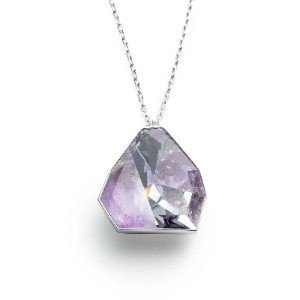
However, Swarovski crystals are not waterproof and can be damaged by exposure to water, soap, shampoo, or other chemicals. [1]
Therefore, it is not safe to wear Swarovski jewelry in the shower or any other situation where it might get wet. Doing so can cause the crystals to lose their shine, color, or shape over time.
Recommended Read: Can You Wear Crystals in the Shower?
Tiffany Jewelry
Tiffany jewelry is a popular brand of high-quality jewelry that comes in various materials such as gold, platinum, sterling silver, and gemstones.
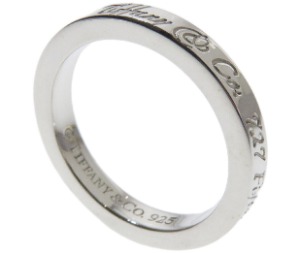
Water can damage some of the materials used in Tiffany jewelry, especially sterling silver.
Sterling silver can tarnish over time when exposed to water repeatedly. [2]
Water can also cause hard water deposits or soap scum buildup on Tiffany jewelry.
Both of these can make it look dirty and faded.
It is not safe to wear Tiffany jewelry in the shower.
Pandora Jewelry
Pandora jewelry is made from high-quality materials such as 14k gold, 18k gold-plated sterling silver, sterling silver, and Pandora Rose metals.
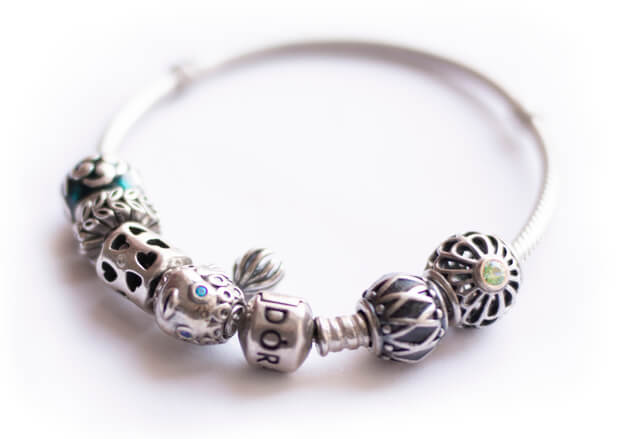
Exposing Pandora jewelry to water can damage the metal and cause tarnishing.
Water can also affect the durability of the stones and pearls that are hand-set on your jewelry. [3]
You should always remove your Pandora jewelry before showering.
Kendra Scott Jewelry
Kendra Scott jewelry is made with high-quality materials and craftsmanship.
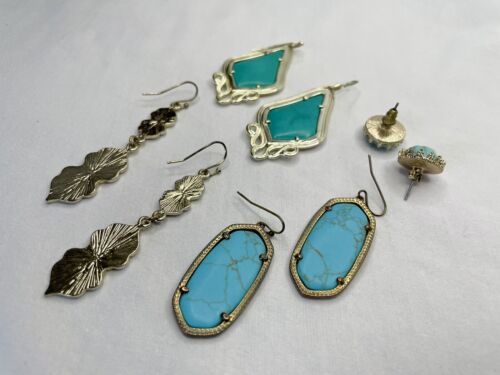
However, water, soap, shampoo, and other products can damage the metal plating, cause tarnishing or discoloration, and loosen stones or crystals. [4]
Additionally, exposure to heat and humidity can affect the durability and appearance of your Kendra Scott jewelry.
You should remove your Kendra Scott jewelry before showering.
JAXXON Jewelry
JAXXON jewelry is made from stainless steel and 14k gold and it is durable, tarnish-resistant, and hypoallergenic.
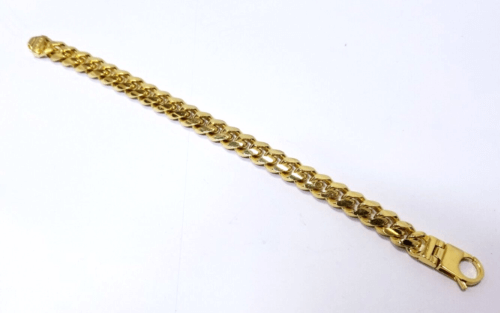
However, wearing JAXXON jewelry in the shower may still cause some damage over time.
The water pressure, soap, and shampoo can wear down the protective coating and polish of the jewelry, making it lose its shine and color. [5]
It is advisable to remove JAXXON jewelry before showering to preserve its durability and appearance.
Lokai Jewelry
Lokai jewelry is a brand of silicone bracelets that feature two special beads.
These beads are meant to remind the wearer to find balance through life’s highs and lows.
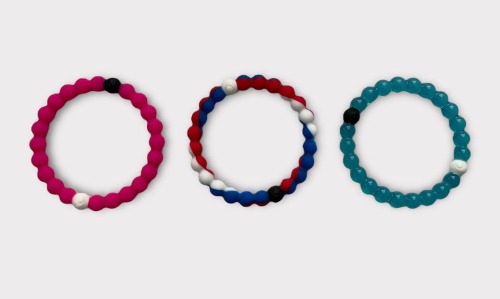
Lokai jewelry is generally safe to wear in the shower, as silicone is a durable and water-resistant material.
However, some factors may affect the longevity and appearance of your Lokai bracelets, such as soap residue, chlorine, hard water, or high temperature. [6]
Pura Vida Jewelry
Pura Vida jewelry is made with wax-coated cords, metals, gemstones, and charms that are designed to be durable and water-resistant.
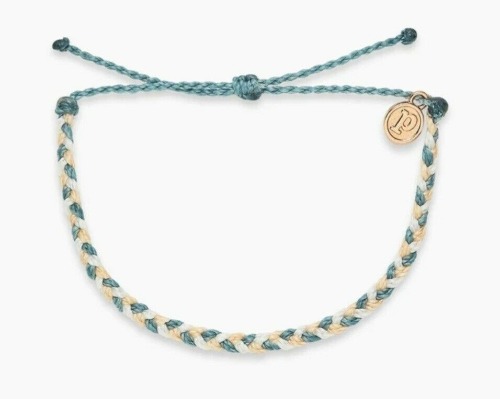
However, exposing Pura Vida jewelry to water, soap, shampoo, chlorine, or salt can cause it to fade, tarnish or break over time.
Additionally, you should avoid contact with harsh chemicals, perfumes, or lotions that may damage your jewelry. [7]
It is recommended to remove your Pura Vida jewelry before showering.
Van Cleef Jewelry
Van Cleef jewelry is made of high-quality materials such as gold, platinum, diamonds, and pearls.
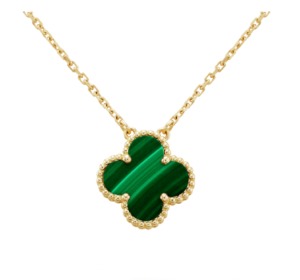
However, these materials can still be affected by water, soap, shampoo, and other chemicals that may be present in the shower. [8]
Therefore, it is advisable to remove your Van Cleef jewelry before taking a shower to avoid any damage or tarnishing.
This will also help preserve the shine and beauty of your Van Cleef jewelry for a longer time.
How to Save Your Jewelry from Water Damage
Water can damage some types of jewelry, especially if it contains chemicals or minerals that can corrode the metal or gemstones.
Here are some tips on restoring your favorite jewelry that’s been damaged by water:
- Dry the jewelry as soon as possible with a soft cloth or a hair dryer on low heat. Do not rub the jewelry too hard or use abrasive materials that can scratch it.
- If the water was salty or chlorinated, rinse the jewelry with distilled water to remove any residue. Avoid tap water as it may contain minerals that can leave stains or deposits on the jewelry.
- Check the jewelry for any signs of tarnish, rust, discoloration, or loose stones. If you notice any damage, take the jewelry to a professional jeweler for cleaning and repair.
- Store the jewelry in a dry and cool place away from direct sunlight and heat sources. Use a soft pouch or a box lined with velvet or cotton to protect the jewelry from scratches and dust.

